
SBU panel delves into mental health barriers for the Black community
Niki Nassiri
• February 15, 2021
Read Story
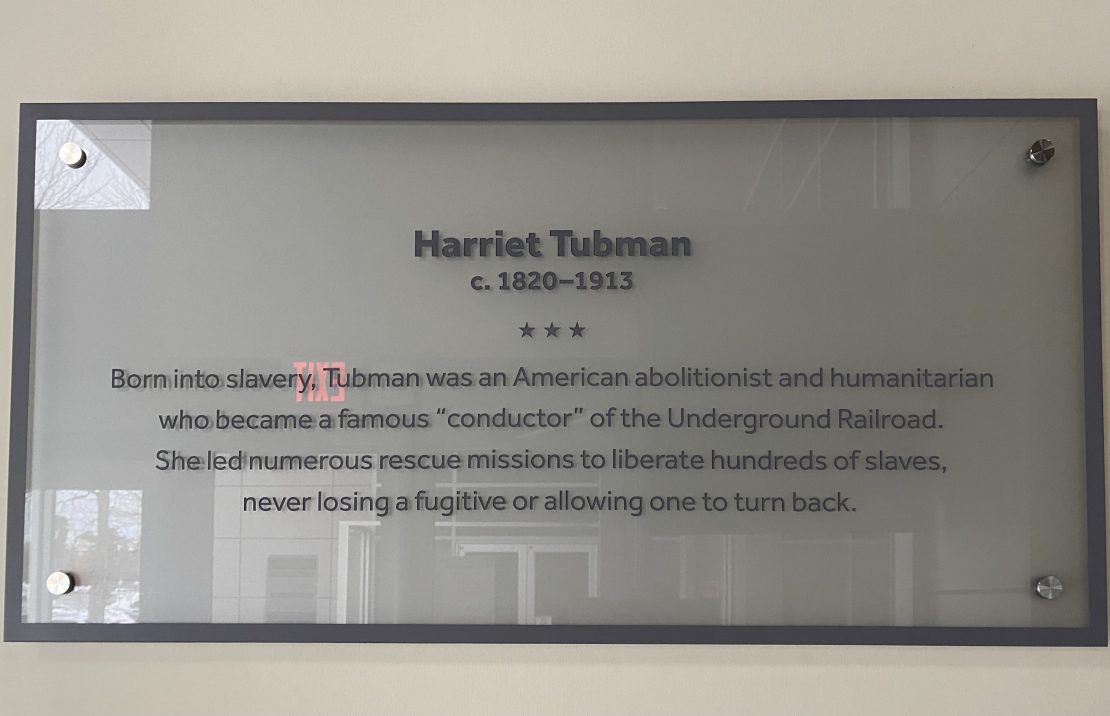
“Does it surprise me? No”: Members of the SBU community comment on lack of Black memorialization
Steven Keehner
• February 13, 2021
Read Story

Student-created history journal seeks to fill gap at SBU
Steven Keehner
• January 28, 2021
Read Story

SBU is considering changing its virtual workspace from Google to Microsoft
Alek Lewis
• December 11, 2020
Read Story

Stony Brook faculty lead study on the performance of local oysters
Maria Lynders
• December 1, 2020
Read Story
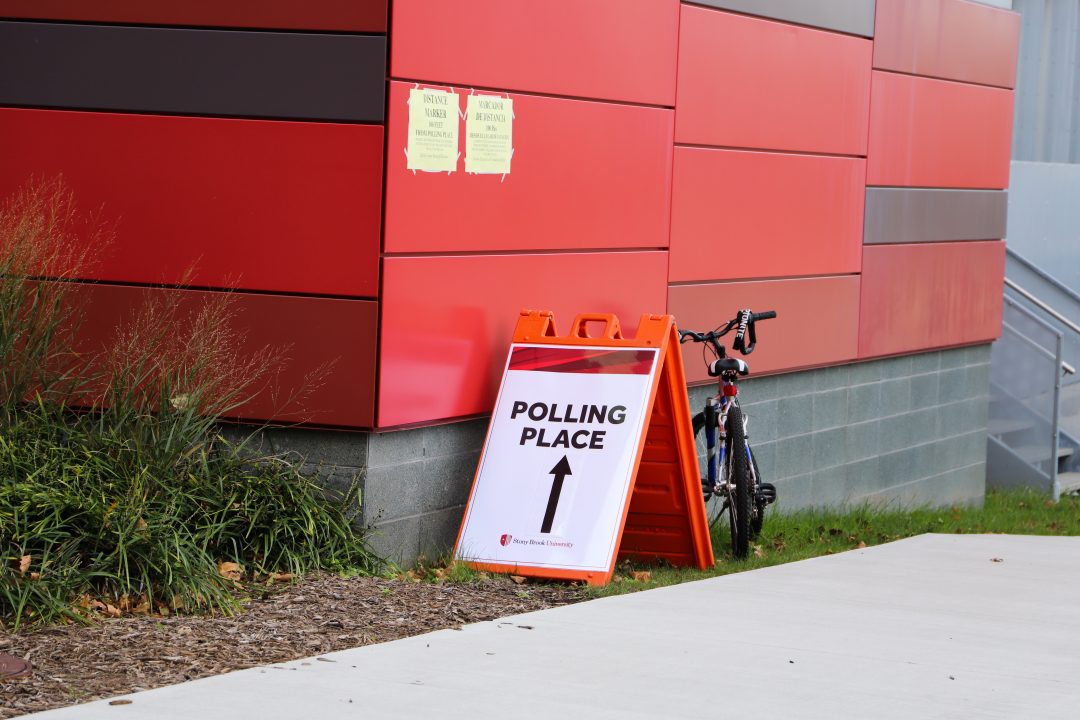
SBU experts answer, “What comes next?” following 2020 Presidential Election
Steven Keehner
• November 18, 2020
Read Story
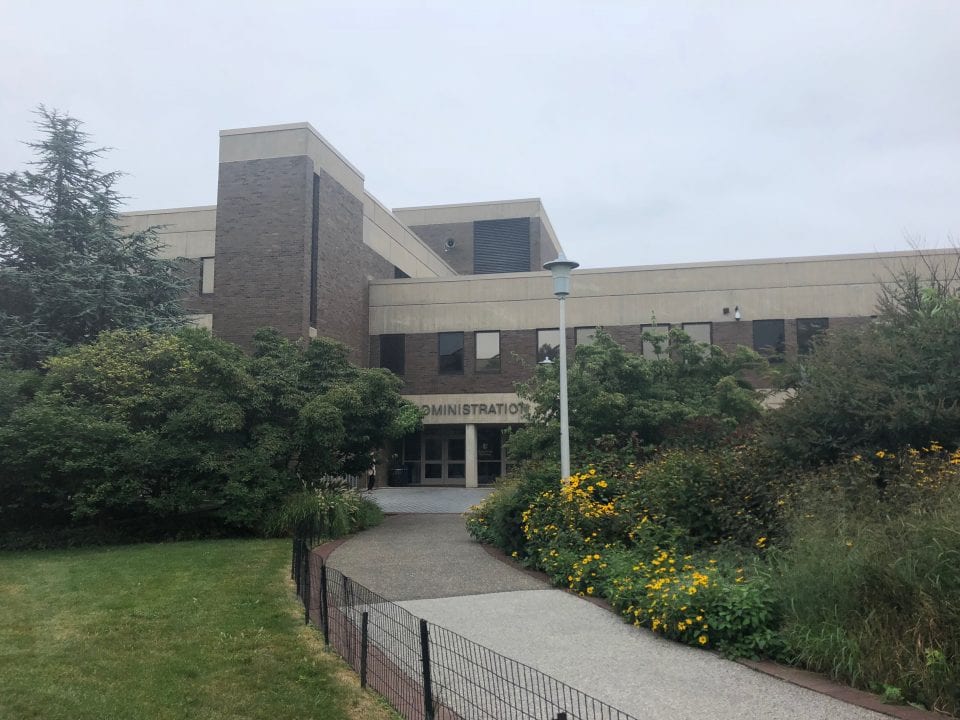
SBU issues a budget initiative update, outlines task forces and their roles in the initiative
Alek Lewis
• November 16, 2020
Read Story

SBU professors debate the role of monuments in the age of Black Lives Matter
Steven Keehner
• November 7, 2020
Read Story

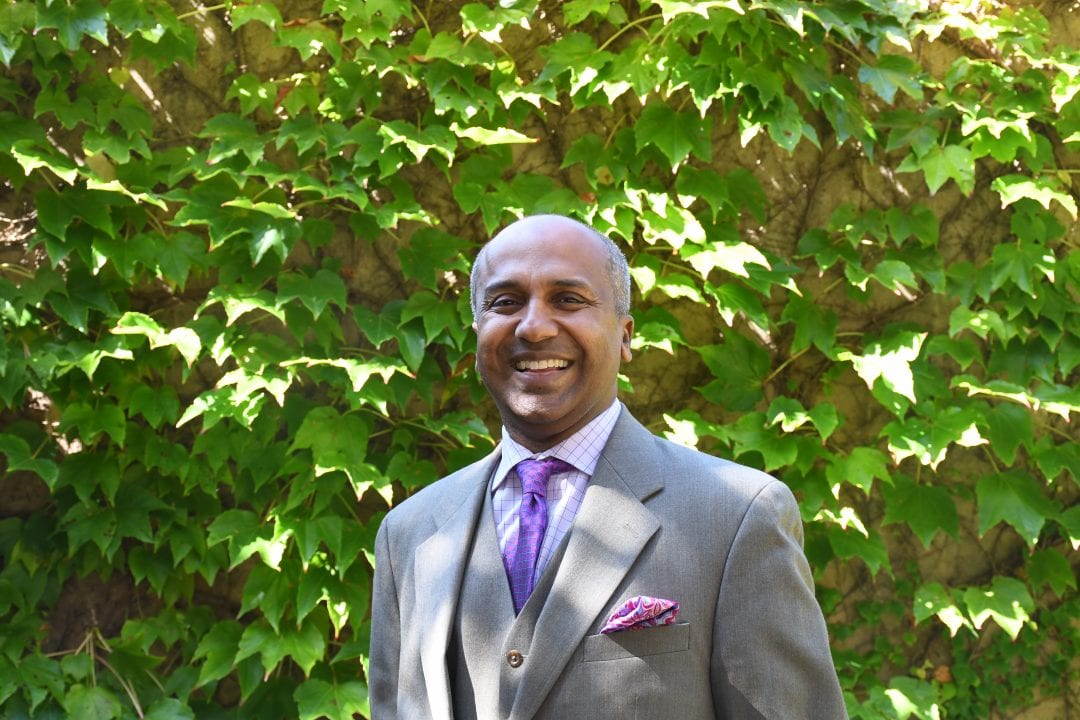
Journalism professor discusses digital innovation during COVID-19 at virtual “My Life As” lecture
Katherine Procacci
• September 22, 2020
Read Story

SBU researchers use social media to study unhealthy drinking habits
Sam Rowland
• September 20, 2020
Read Story

COVID-19 cripples the SBU’s finances, causing hiring freezes and “systematic changes” to future budgets
Alek Lewis
• August 20, 2020
Read Story
Load More Stories
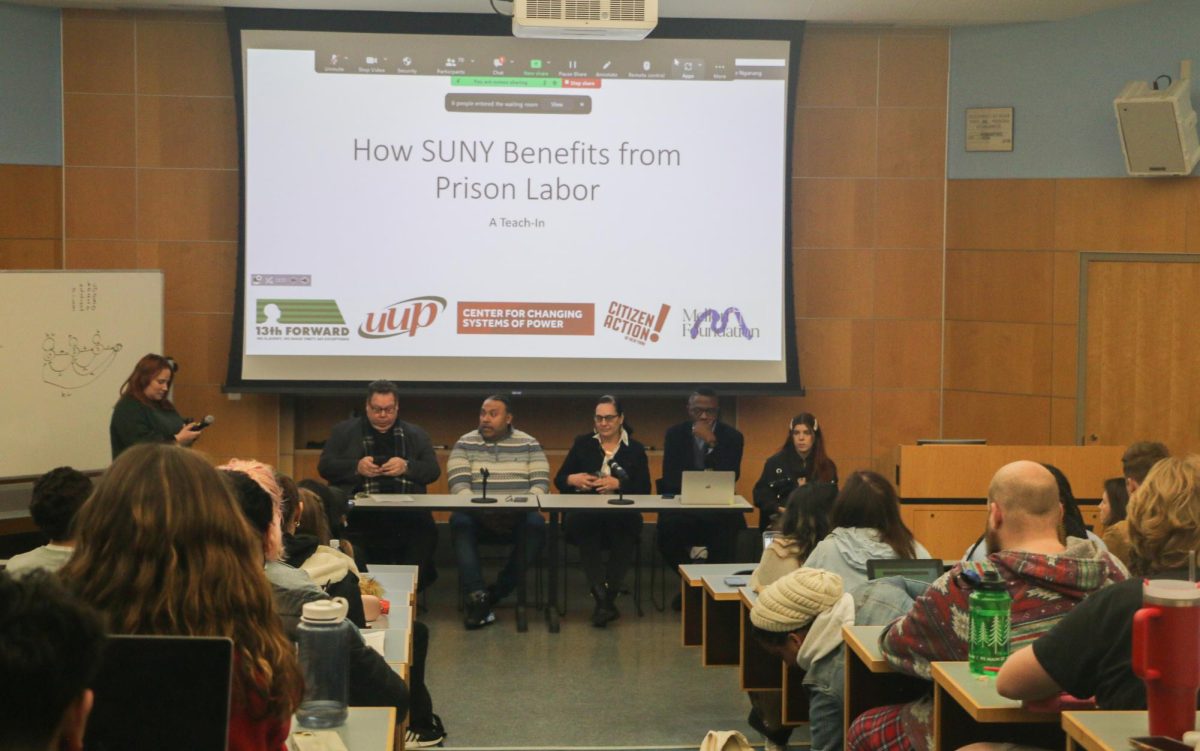
April 17, 2024

April 14, 2024
Newsletter





